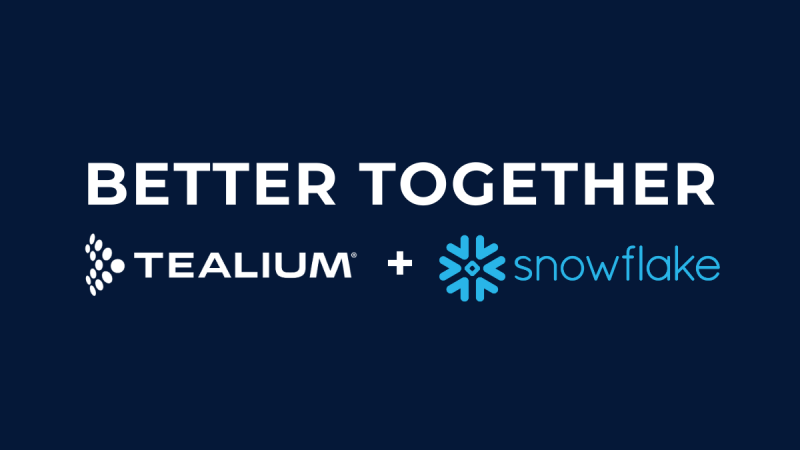The insurance industry has long been built on risk assessment, customer service, and complex data analysis. As artificial intelligence (AI) continues to evolve, it is revolutionizing many sectors and insurance is no exception. From enhancing customer experience to automating claims processes, AI is transforming traditional operations, improving efficiency, and offering new insights. Let’s take a look at a few key areas where AI is making its mark.
7 Artificial Intelligence (AI) Examples for Insurance
Examples of AI in insurance include claims processing, risk assessment, fraud detection & prevention, product development, and regulatory compliance.
Automated Claims Processing
Claims processing is one of the most labor-intensive aspects of insurance. Traditionally, it requires significant human involvement, from collecting and verifying customer information to assessing claims and issuing payments. AI streamlines this process through automation. Machine learning algorithms can sift through data, analyze the validity of claims, and even assess damage through image recognition technology. For example, AI-powered systems can analyze photos of damaged vehicles or properties, compare them to past cases, and make fast, accurate decisions on whether a claim is valid.
This automation speeds up the claims process, reduces operational costs, and minimizes human error. It also leads to quicker resolutions for customers, enhancing their experience.
Risk Assessment and Underwriting
Risk assessment and underwriting are core functions of any insurance company. AI can improve these processes by analyzing vast amounts of data to create more accurate risk profiles. With the help of machine learning algorithms, insurers can assess a broader range of risk factors than traditional methods allow, from behavioral patterns to real-time data feeds.
For example, in auto insurance, AI can analyze driving behavior using data from telematics devices installed in vehicles. This data allows insurers to offer personalized policies based on an individual’s driving habits, rather than relying solely on demographic data or past claims history. Similarly, in health insurance, AI can predict the likelihood of future medical issues based on lifestyle patterns, genetic predispositions, and medical history.
Fraud Detection and Prevention
Insurance fraud is a persistent issue that costs the industry billions of dollars annually. AI plays a critical role in identifying and preventing fraudulent activities. By analyzing vast datasets, AI can detect anomalies and suspicious patterns that human agents might miss. Machine Learning (ML) models can be trained on historical data to flag potentially fraudulent claims based on abnormal trends, behaviors, or inconsistencies.
For instance, AI-powered systems can analyze the frequency of claims, the consistency of customer information, or even social media activity to detect red flags. These systems can operate in real-time, ensuring that fraudulent claims are caught before payouts are made, saving insurers both time and money.
Customer Experience and Personalization
In the digital age, customers expect fast, personalized service. This is an area in the Insurance vertical that needs to be more robust. AI enhances customer experience by offering tailored interactions and improving response times. AI-powered chatbots, for example, can handle routine inquiries, such as providing quotes, updating policy information, or guiding customers through the claims process. These chatbots are available 24/7, ensuring that customers receive immediate assistance, even outside of business hours.
Additionally, AI can analyze customer data to offer personalized insurance products and pricing. By analyzing lifestyle, demographic, and behavioral data, AI systems can recommend insurance policies tailored to individual needs, whether it’s a customized health plan or personalized home insurance coverage.
Predictive Analytics for Customer Retention
Customer retention is a major challenge in the insurance industry. Predictive analytics, powered by AI, helps insurers identify customers who are at risk of leaving and develop strategies to retain them. By analyzing data such as customer behavior, interactions, and policy history, AI can predict when a customer may be likely to cancel their policy or switch to a competitor.
Insurers can then use this information to take proactive steps, such as offering special discounts, personalized offers, or improved services to retain at-risk customers. This predictive capability not only helps increase retention rates but also improves overall customer satisfaction by addressing concerns before they escalate.
Enhanced Product Development
AI enables insurers to develop new and innovative insurance products based on emerging risks and customer needs. By analyzing market trends, social data, and customer feedback, AI can identify gaps in existing offerings and predict future demand for specific types of insurance products.
For example, as the gig economy grows, insurers can use AI to create tailored policies for freelancers and contract workers, offering coverage for situations that traditional policies may not address. AI can also be used to design usage-based insurance products, such as pay-per-mile auto insurance, which adjusts premiums based on actual driving habits. In addition, AI can create real-time bundles and present them at the moment improving upsell opportunities.
Regulatory Compliance
Compliance with regulatory requirements is a significant challenge for insurers, especially in an environment where regulations are constantly evolving. AI can help insurers stay compliant by automating compliance processes and ensuring that all necessary documentation is in place. Natural Language Processing (NLP) algorithms can review policy documents to ensure they meet regulatory standards, while AI-driven auditing tools can monitor transactions for any signs of non-compliance.
By automating these processes, insurers can reduce the risk of costly penalties and focus on delivering value to their customers.
As technology evolves, we can expect even more innovative AI applications in the insurance space, making the industry more agile, responsive, and customer-centric. Insurers that embrace AI will not only enhance their operational efficiency but also be better positioned to meet the changing needs of their customers in an increasingly digital world.






